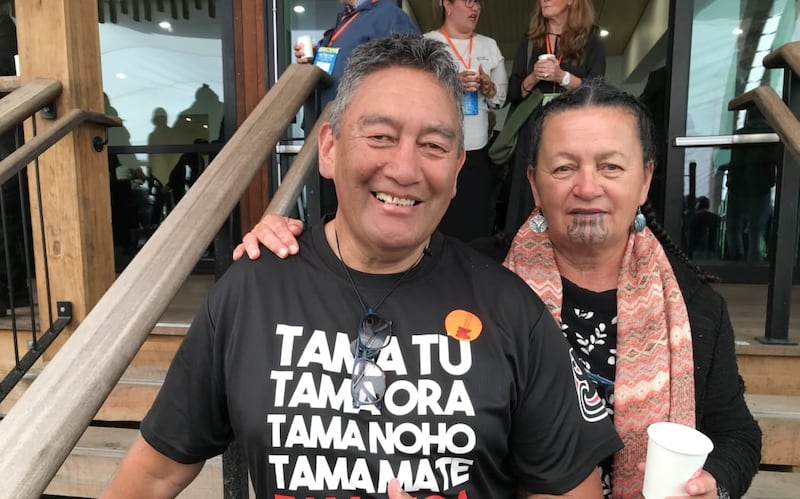Te Kōhanga Reo National Trust Chairman Raniera Procter has lambasted ACT’s Treaty Principles Bill on day five of oral submissions, which were conducted online.

Procter called the bill ‘reckless’ and said it would adversely affect Māori children, who are the future of te reo Māori.
“This bill will continue to reinforce false assumptions that I’ve heard all morning, but also further entrench the doctrine of discovery narrative espoused.”
Te Kōhanga Reo National Trust, with 460-470 Kōhanga Reo operating across New Zealand, is still in mourning following the passing of renowned leader Dame Iritana Tāwhiwhirangi; still, Proctor fronted to ensure their voice was heard.
Procter claimed that the proposed bill asserts the Crown’s absolute power, which he believes is incorrect.
“This bears no resemblance to article 1, as the description of principle 1 wrongfully gives the Crown a unitary form of sovereignty. Thus, disregarding the separate pre-existing authority recognised in Te Tiriti o Waitangi.”
The bill, submitted by ACT leader David Seymour, seeks to clarify and, some say, rewrite the principles of the Treaty of Waitangi.
However, interpretations of the treaty’s principles have evolved, often leading to disputes over their application in modern legislation and governance.
Not all submitters against the bill
Barbara Smith, an individual submitter supporting the bill voiced how the bill could stop the division that may affect her family if not passed.
“The Treaty Principles bill will ensure that families like mine throughout New Zealand will be treated equally because each family member is a universal and equal human being,”
Smith claimed that although her family is diverse, she is concerned about her grandchildren’s rights if one of them is granted greater privileges than the others.
“I have numerous grandchildren with mixed ethnicities, including Māori. If the treaty bill is not enacted, numerous members like mine will be treated differently depending on ancestry.”
Te kitenga o te hunga rangatahi i te kāwana
Ko Hilda Halkyard-Harawira tērā i tuku i tana tāpaetanga kōrero hei waha mō Te Wānanga o Rangi Āniwaniwa ki te rohe o Muriwhenua

Ka mutu, he nui tana whakahē i tēnei pire.
I uiuitia te komiti whiriwhiri, mēna rānei i whai whakaaro te kāwanatanga ki te tirohanga a te hunga rangatahi Māori?
Ko Halkyard-Harawira te tūmuaki ō-mua o Te KKM o Te Rangi Āniwaniwa, ā, nāna hoki te kura i whakatū i tana ōrokohanga mai e toru tekau tau ki muri.
Hei tāna, kāore pea te Kāwanatanga e titiro atu ana ki te pikitia nui.
“The laws that your government is rolling out don’t give a sense of trust to our young generation; do you worry about that?”
Hei tā Whaea Hilda mēna he kāri rīpoata a te kura e pā ana ki te kāwanatanga, ka riro i a rātou he korenga mai i a ia.
“If you look at the track record on school lunches, disability programs, oranga tamariki and so on, your government policies have actually turned many to despair,”
He nui atu i te 300,000 ngā tāpaetanga kōrero i whakapā atu ki te kōmiti whiriwhiri hei wānanga mā rātou


